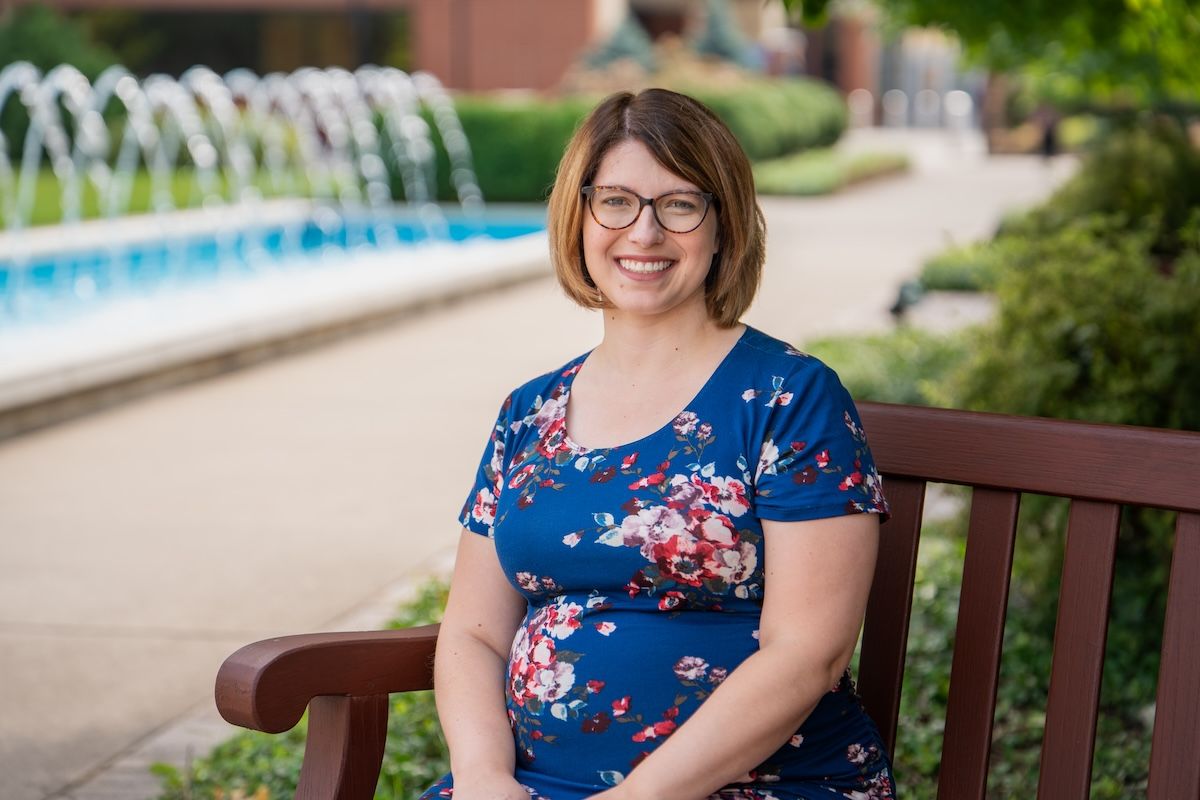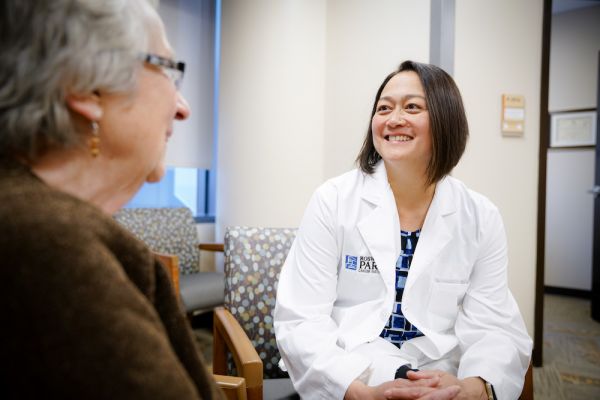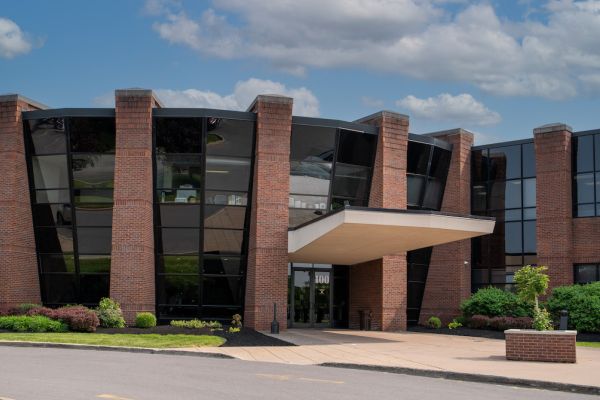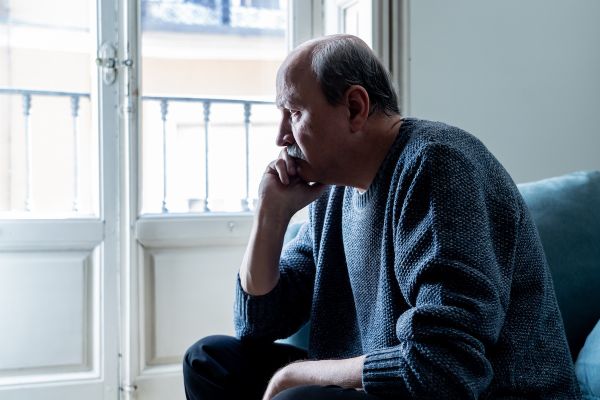Young adult cancer survivors especially have much to gain from comprehensive post-treatment services.
There are countless things to say about going through cancer diagnosis and treatment, but in my experience, it was the challenges of what comes next that took me by surprise.
After months of being surrounded by consistent, attentive medical care, I was declared cancer-free. Despite what everyone says about how proud you should be to have survived cancer, the strong messages of encouragement and support disappeared and, coupled with my lack of adequate survivorship services, left me completely unequipped to deal with anything.
Just to clarify, I’m not talking about the periodic follow-up scans and bloodwork that help doctors ensure your cancer doesn’t come back. Survivorship care is literally taking care of the survivor: physically, mentally, emotionally and sometimes spiritually.
When I got the all-clear from my team of doctors in July 2014, it took me only about a month to start asking around about counseling services. I had found some open spots through my primary care physician, but I knew I had a big suitcase of emotions to unpack, and it was imperative that I talk to someone who knew how to help cancer survivors. When I finally got a hold of a practice, my hopes of finding an ally were crushed.
“I’m sorry — we can only treat active patients.”
Those defeating words made me feel like I’d been dropped off in the middle of an unfamiliar place with no map. There was nowhere for me to go except to return to my primary care practice, where I started seeing a social worker about one year after my diagnosis. She was nice, but she honestly didn’t offer me any help with trying to navigate the sea of emotions cancer had subjected me to. She wanted to speak about other things and ask different questions, but I wanted to talk about cancer.
After a year of stagnant sessions and trying an anti-anxiety medication that seemed to be ineffective, I was stuck again. That’s when I found the Young Adult Program at Roswell Park Comprehensive Cancer Center, which I’ve happily been a part of since. But despite meeting with other amazing survivors, sharing stories and finally connecting with people who understood what I was going through, I realized there were many more personal feelings I haven’t admitted to anyone, not even my journal.
Thankfully, around the same time, our group was told that the Roswell Park Survivorship Center was open and available to us as a resource. We could go to counseling, try acupuncture, reiki, or even get a massage. It took me a few months to make the call and schedule my appointment, but I couldn’t be happier that I did.
I went once or twice a week for acupuncture and counseling for nearly a year before getting referrals to providers close to home who take my insurance. I was so grateful to do something to take care of myself and be able to try these therapies for the first time without worrying about the cost or insurance. Now that I am still utilizing these therapies to keep taking care of myself, I am so grateful for the opportunity to try them and would likely have never pursued it otherwise.
It’s been exciting over the past 10 years of survivorship to see the center expand and find a new home, and I can’t wait to see what comes next.
We are here for your entire cancer journey
It's our goal to make life after cancer the best it can be. Our Survivorship services are offered at two convenient locations in downtown Buffalo and Amherst.
Editor’s Note: Cancer patient outcomes and experiences may vary, even for those with the same type of cancer. An individual patient’s story should not be used as a prediction of how another patient will respond to treatment. Roswell Park is transparent about the survival rates of our patients as compared to national standards, and provides this information, when available, within the cancer type sections of this website.



